IN PICS! Check out 10 different types of 'Tulsi' & it's spiritual and health benefits
By Lokmat English Desk | Published: January 11, 2021 06:00 PM2021-01-11T18:00:05+5:302021-01-11T18:00:05+5:30

Basil is considered to be a symbol of goodness. Planting basil at home is considered important in Indian culture. Many benefits of Tulsi are mentioned in Indian traditions. Tulsi also has a unique general significance in the Vaishnava tradition.
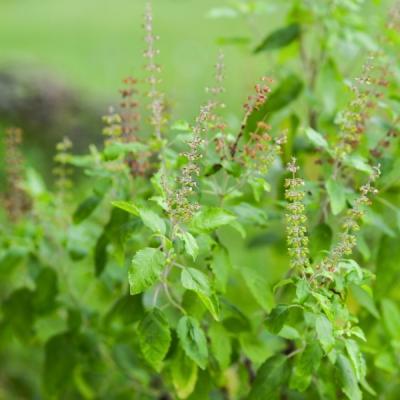
According to some references in the Puranas, it is believed that Goddess Lakshmi always has grace on the houses where basil is planted and regularly worshiped. Tulsi Vridavana keeps the atmosphere sacred. Basil removes negativity and positivity
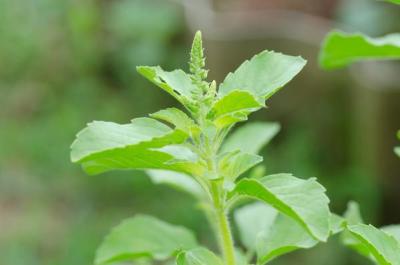
Manjiri of Tulsi is said to have a unique general significance. If Manjiri of Tulsi is offered to Lord Vishnu, he becomes happy. The importance of Tulsi has been underlined in Ayurveda.
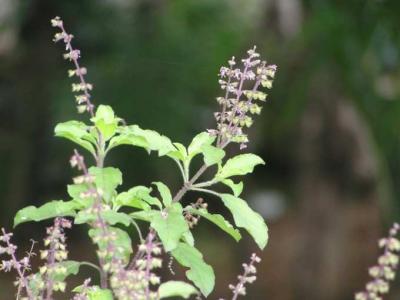
If the manjiri is not removed, the growth of basil is stunted. So it needs to be removed, it is said. Basil seeds are very healthy. Consumption of basil seeds reduces stomach heat and provides cooling. Soak basil seeds in water and then mix it with milk

In the Vaishnava sect, a garland of Tulsi is worn. It is considered best to wear a necklace of Tulsi. It is also considered beneficial to recite mantras using the Tulsi string. Basil means sculpted sattvicism. Her touch also gives tremendous energy,
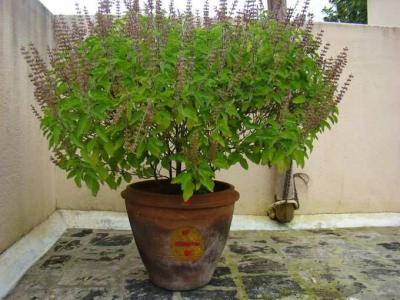
We find biodiversity in India many times more than the cultural, religious, traditional diversity. We also find different species of fruits, flowers and plants. There are around 10 types of basil.

There are many types of basil. Shrikrishna Tulsi, Lakshmi Tulsi, White Tulsi, Bhu Tulsi, Ram Tulsi, Neel Tulsi, Rakta Tulsi, Van Tulsi and Gyan Tulsi are some of the main types of Tulsi. The properties of each type of basil are different and special.
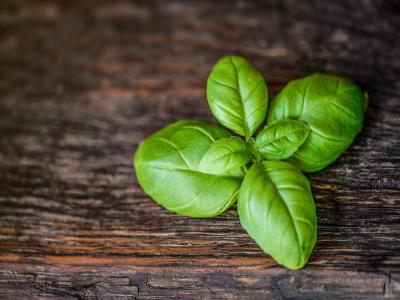
Regular consumption of basil leaves is said to be highly effective in treating ailments like cough, fever, cough and heart ailments.























